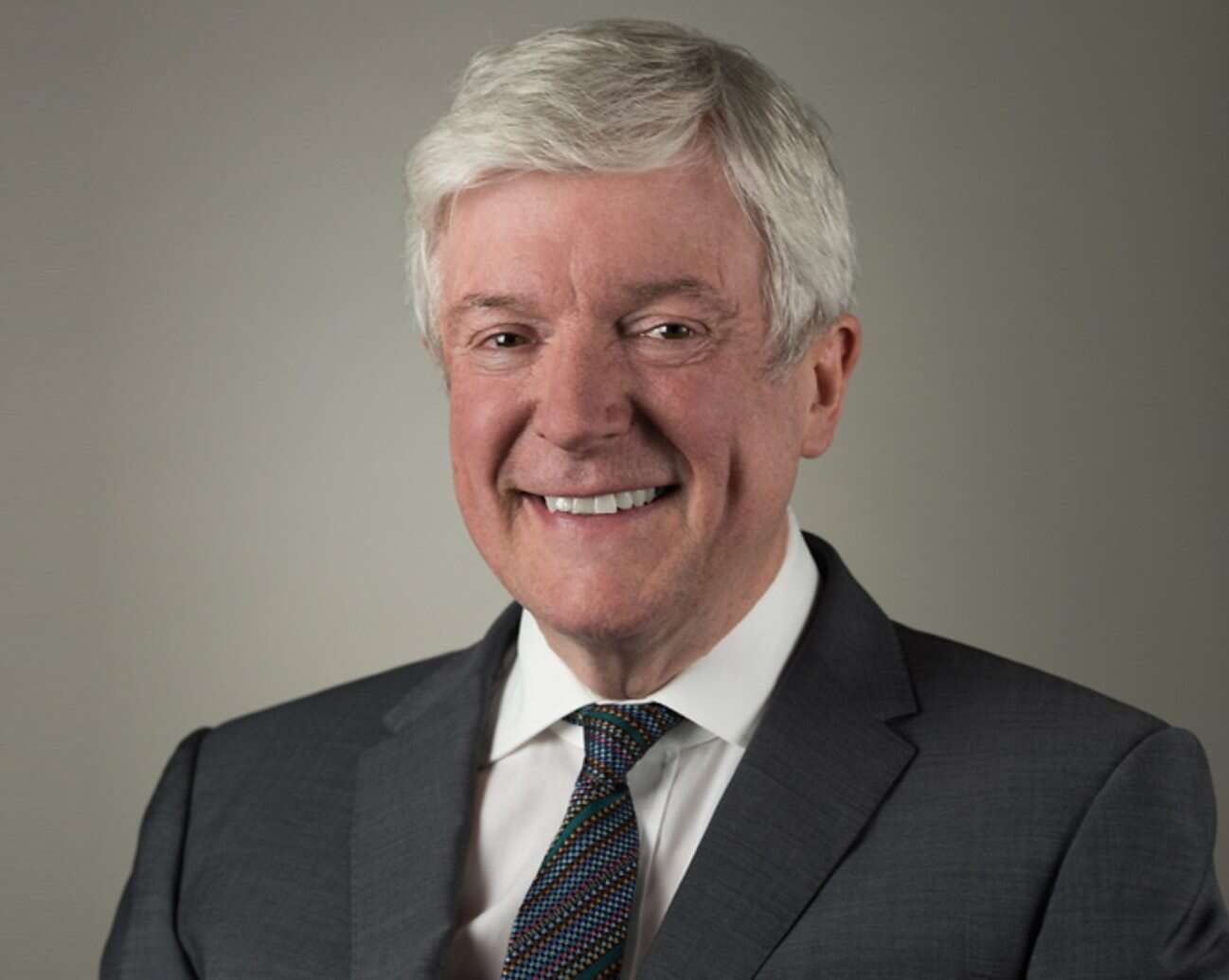
The BBC plans to move more of its news journalism to Salford and “reinvent” its news app this year, director-general Tony Hall has said in a New Year’s speech to staff.
Lord Hall revealed that part of his plan for at least two-thirds of the BBC to be based outside London by 2027 will involve producing “much more journalism” from its north of England hub in Salford, Greater Manchester.
The Media City hub already hosts BBC Breakfast and Radio 5 Live, but currently half of the BBC’s teams, and half of its spending, are in London.
Lord Hall added that “a lot” of the BBC’s digital growth will come out of Salford, which he said would become “the heart” of new app BBC Sounds as its curation team is set to move there within weeks.
He also said local radio will be “an important part” of the BBC’s development outside London, adding that it “matters more now than ever as commercial media retreats”.
In his speech, made from the BBC’s new Cardiff base, Lord Hall said there would be a “real push” to improve BBC News online in the next year, particularly for mobile users, to make it “more distinctive, more useful and relevant to more users every day”.
Part of this will include a “complete reinvention” of the BBC News app to make it “more visual, more intuitive, easier to use”.
“An app that will showcase the best of our journalism, our expertise and breadth, an app that signs you in from the start and is increasingly personalised for each one of us,” he said.
He also alluded to a “big shift” in strategy from director of news and current affairs Fran Unsworth to focus on a new “story-led” approach to commissioning, which she is due to give further detail on this month.
Lord Hall said: “It’s not just about how we cover news, it’s about what we cover. Our audiences tell us that they don’t just want to know ‘what is happening today’. They want explanation and analysis, to look beyond the noise – identify the issues – and explore the solutions.
“That’s why 2020 will see a major focus on big themes, the things that matter beyond the headlines and the immediate.
“Climate change – the challenge of our era, the global technology giants whether they are from Silicon Valley or Shenzhen, how will AI change our lives, the challenges of an ageing population, how can the economy work for everyone.
“These are major issues that can sometimes sound distant and ‘over there’. But they matter to every individual.
“Flooding, the smart phone in your pocket, your parent in a care home, your health, the world of work. Global and local brought together and connected up in a way only an organisation with the breadth of the BBC can do.”
This will tie in with a year of special programming, digital coverage and events from the BBC, set to launch tomorrow, leading up to the UN climate conference in Glasgow in November, the head of the corporation revealed.
Lord Hall said he hopes that the BBC’s own operations can become carbon neutral by the end of the current Royal Charter period, due to end in 2027.
“I know, we all know, that nobody has done more than the BBC to highlight the challenges of climate change,” he said.
“But I believe there’s more we can do to ensure the way we run our business reflects the seriousness and urgency of the climate challenge.”
Guardian Media Group is the only other major UK media organisation to have made a concrete pledge to reach net zero carbon emissions, with its own target set for 2030.
Lord Hall also said the BBC will expand its 50:50 project, which encourages programme-makers to target equal representation for on-air male and female contributors, to black, Asian and minority ethnic contributors and those with disabilities.
From March BAME groups will be monitored to ensure 15 per cent representation, while voices from cognitive, sensory and physical disabled groups will have a 12 per cent target.
Picture: BBC
Email pged@pressgazette.co.uk to point out mistakes, provide story tips or send in a letter for publication on our "Letters Page" blog

